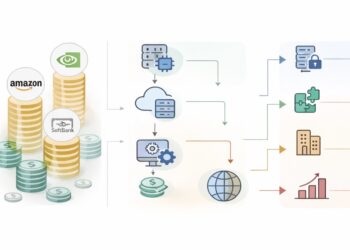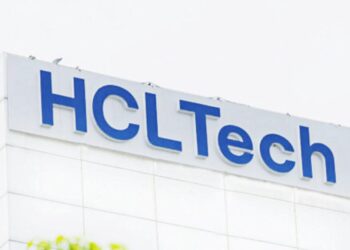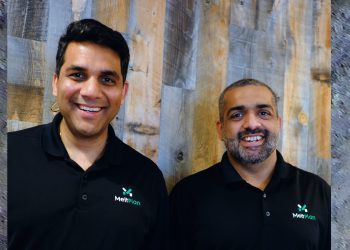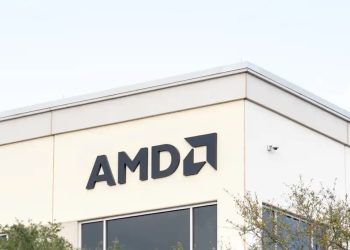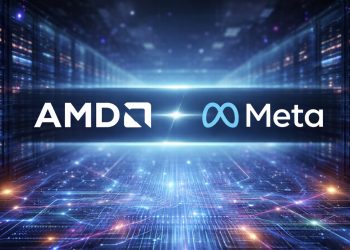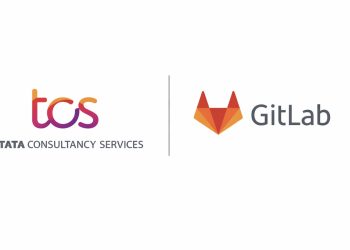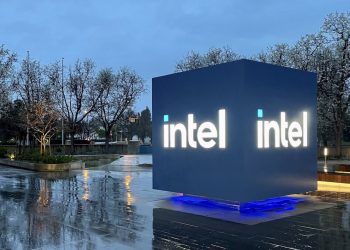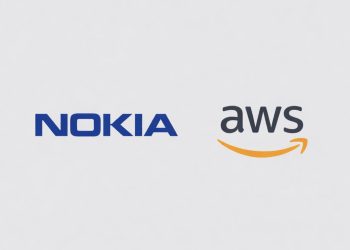Hitachi and Microsoft have unveiled a strategic, multibillion-dollar collaboration over the next three years, underpinning our commitment to accelerate social innovation with generative AI. Hitachi’s Lumada business is set to soar, with a projected revenue of 2.65 trillion yen (18.9 billion USD, as of April 26, 2024) in FY2024, ensuring operational efficiency and productivity enhancements for our 270,000 employees.
Hitachi will embed the Microsoft Cloud, Azure Open AI Service, Dynamics 365, Copilot for Microsoft 365, and GitHub Copilot into Lumada solutions.
The two companies will promote joint projects to address pressing business needs such as bolstering cloud services, enhancing security, and mitigating the environmental footprint of data centers, which have become an increasing area of focus with the growing use of generative AI.
“Hitachi has been driving transformation by applying AI across the Hitachi Group to improve productivity and will invest 300 billion yen(2.1 billion USD, as of April 26, 2024) in GenAI to capture new growth opportunities in FY2024,” said Keiji Kojima, president and CEO of Hitachi. “Under this new agreement, we are excited to further accelerate social innovation by expanding our efforts to social infrastructure areas such as energy and mobility and by applying generative AI to improve the productivity of frontline workers, which will become even more important in the future.”
“We are entering a new era of AI with the promise to deliver transformative business outcomes across every role and industry,” said Satya Nadella, chairman and CEO of Microsoft. “Our expanded partnership with Hitachi will bring together the power of the Microsoft Cloud — including Microsoft Copilot — with Hitachi’s industry expertise to improve the productivity of 270,000 Hitachi employees and help address customers’ biggest challenges, including sustainability.”
As part of the partnership, Hitachi will incorporate training to acquire advanced software development skills using GitHub Copilot and Azure OpenAI Service into the program to develop GenAI Professionals and talents supporting customers’ AI transformation.
Hitachi will also use Azure OpenAI Service to enhance its customer service. As part of Hitachi’s groupwide transformation, Hitachi will combine Azure OpenAI Service and GitHub Copilot with its systems development expertise to maintain high quality and improve productivity for mission-critical system development.
As the impact of CO2 emissions from AI on the global environment increases, Hitachi and Microsoft will work toward zero carbon, starting with a data center project in Europe, to reduce environmental impact.
Also Read: Microsoft and AI firm G42 to invest $1 Billion in Kenya to build data center

